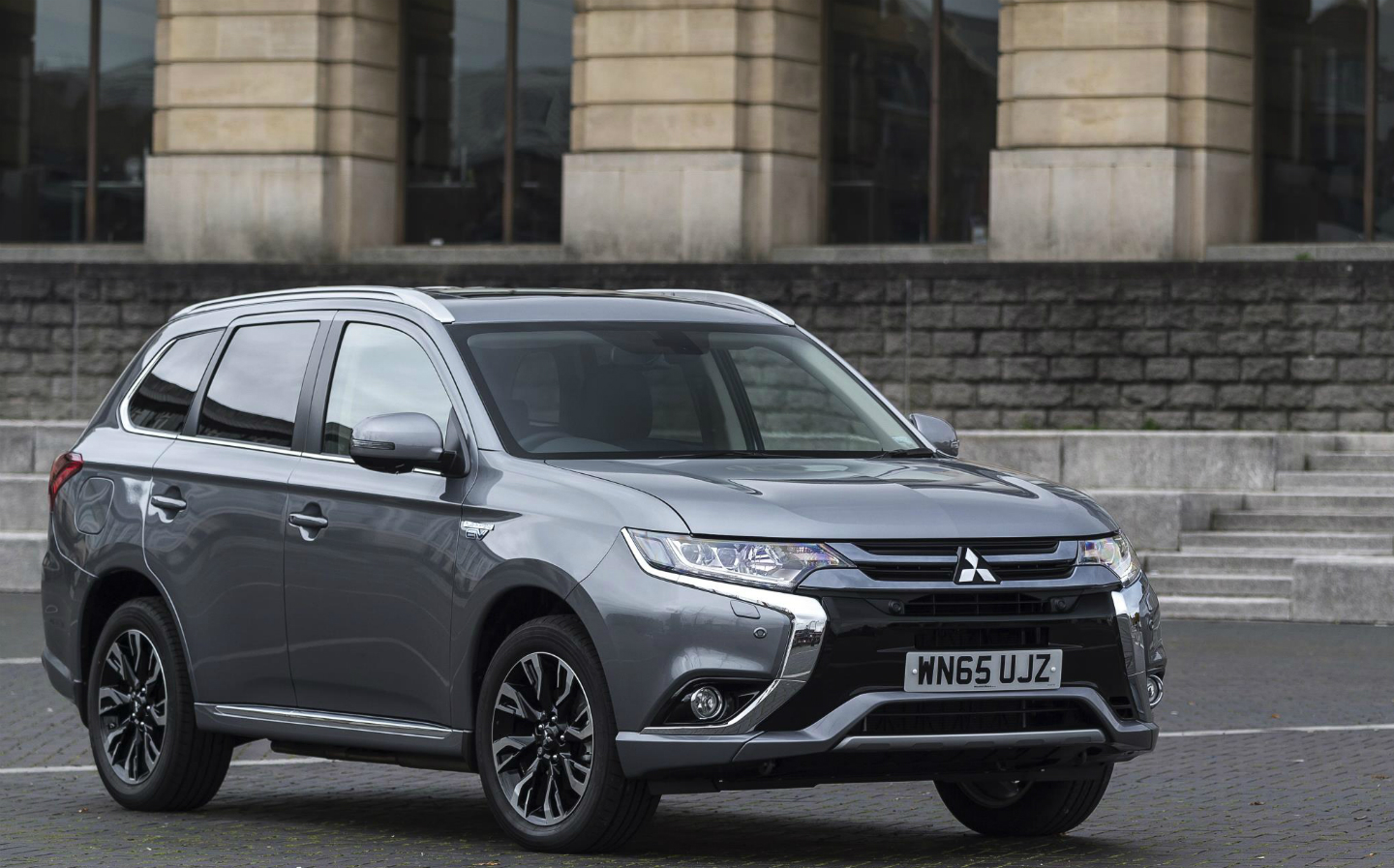Car market surges as private buyers plug in
Road tax changes and eco-cars fuel sales surge
PRIVATE BUYERS are continuing to fuel a surge in new car sales.
After a record year for new registrations in 2016 when sales rose by 2.3 per cent to 2.69 million, the trade has hit the ground running in January with a year-on-year gain of 2.9 per cent.
The notable trends include a 5 per cent increase in sales to private buyers, outpacing fleet sales or transactions with businesses, which were up 1.4 per cent and down 1 per cent respectively.
Browse NEW or USED cars for sale on driving.co.uk
The year also started with the future electrification of the UK car fleet catching the eye. For the first time the number of alternatively-fuelled vehicles — fully battery driven vehicles or hybrids with electric motors alongside petrol or diesel engines — hit more than one-in-25 of all new registrations at 4.2 per cent.
With new vehicle excise duties coming in on April 1 which favour low emission vehicles and penalise gas-guzzlers or expensive cars, the rate of adoption of electrified vehicles could take off this year. Last year’s best selling plug-in hybrid model was the Mitsubishi Outlander PHEV.
The rise of 2.9 per cent across the market was taken as an unexpected positive especially as sales in the month of December fell 1.1 per cent.
But there was trade pessimism about how sustainable yet more growth can be.
“Longer term, the strength of this market will rest on our ability to maintain our current trading relations and, in particular, avoid tariff barriers which could add significantly to the cost of a new car,” said Mike Hawes, the chief executive of Society of Motor Manufacturers and Traders which collates the figures.

Mr Hawes previously said that adverse trading arrangements outside a single European market could put on as much as £1,500 on the cost of an average priced car.
Ian Gilmartin, an automotive banker at Barclays said that the growth in sales to private buyers was particularly notable because this segment of the market appeared to be in retreat towards the end of last year.
However, he said that the figures may not be all they seem. “These private sales have been boosted by the incentives on offer,” he said. “The next question for sellers to answer will be how sustainable these incentives are in the medium term, especially as cost inflation begins to set in. We can expect more modest sales as 2017 develops.”
Volkswagen, hit by the emissions scandal, has been aggressive in keeping its vehicles selling. It has grabbed an early 2nd place in the top ten bestsellers with its sales of the Golf.
As usual Ford is leading the way with the Fiesta the best-selling model and the Focus in third. An early outperformer is the Mercedes-Benz C Class which, as its prices start at more than £25,000, is possibly the most expensive car to become Britain’s fourth bestselling vehicle.
A trio of British-built cars, the Vauxhall Astra and Nissan’s Juke and Qashqai also make it into the top ten.
Robert Lea
This article first appeared in The Times





